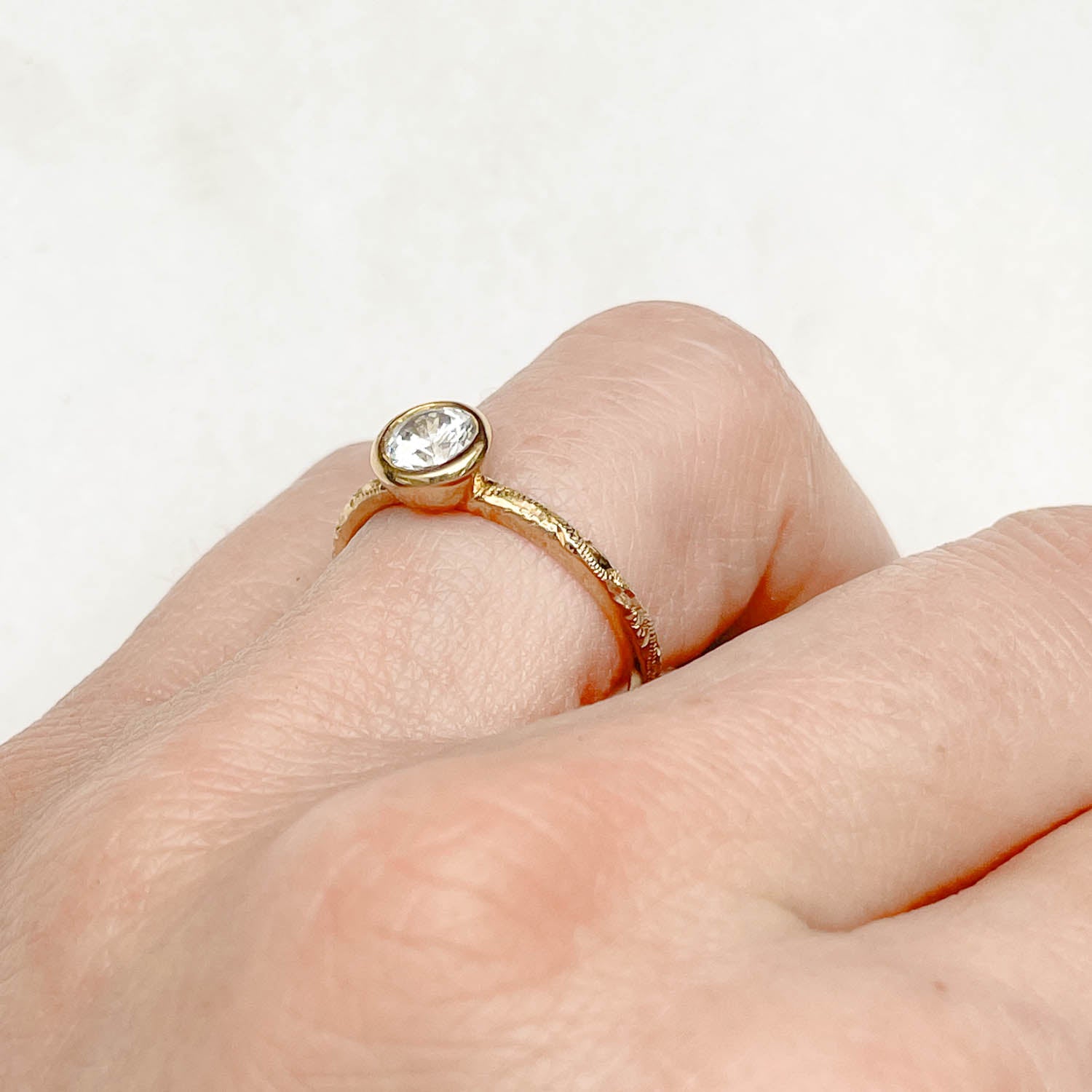
In a world where ethical considerations are becoming increasingly important, the demand for products that uphold moral standards is on the rise. When it comes to symbolizing love and commitment, engagement rings hold a special place in many people’s hearts. However, the traditional diamond industry has long been associated with ethical concerns, including issues such as unfair labor practices and environmental degradation. This has led to a growing interest in ethical engagement rings, which prioritize transparency, sustainability, and workers’ rights throughout the supply chain.
Ethical engagement rings represent more than just a piece of jewelry; they embody a commitment to making a positive impact on the world. At the heart of this movement is the concept of fair trade, which ensures that workers involved in the production process are treated fairly and paid a living wage. By choosing an ethical engagement ring, couples can support artisans and miners who are working under humane conditions and receiving fair compensation for their labor. This not only promotes social justice but also empowers communities in developing countries where many of these rings are sourced.
One of the key elements of the ethical engagement ring is the use of conflict-free diamonds and gemstones. Traditional diamond mining has been linked to human rights abuses, including forced labor and child exploitation. In contrast, ethical jewelers prioritize sourcing diamonds and gemstones from mines that adhere to strict labor standards and environmental regulations. This ensures that the stones used in engagement rings are not tainted by the suffering of workers or the destruction of natural habitats. By opting for ethically sourced diamonds, couples can celebrate their love without contributing to unethical practices.
Transparency is another hallmark of ethical engagement rings. Unlike conventional jewelers who may not disclose the origins of their materials, ethical jewelers are committed to providing full transparency about the sourcing and production processes. This allows consumers to make informed choices and verify that their rings are truly ethical. From the mine to the market, every step of the journey is documented and certified to ensure accountability and integrity. This transparency fosters trust between consumers and producers, building a stronger connection between the people who make the rings and those who wear them.
In addition to supporting workers’ rights, ethical engagement rings also promote environmental sustainability. Traditional mining practices can have devastating effects on the environment, including deforestation, soil erosion, and water pollution. Ethical jewelers strive to minimize their environmental footprint by using eco-friendly mining techniques, recycling precious metals, and investing in renewable energy sources. By choosing an ethical engagement ring, couples can minimize their impact on the planet and contribute to the preservation of natural resources for future generations.
Ultimately, ethical engagement rings are more than just a symbol of love; they are a reflection of values and principles. By prioritizing workers’ rights, transparency, and sustainability, couples can ensure that their love story is not tainted by exploitation or harm. Whether it’s a sparkling diamond or a shimmering sapphire, an ethical engagement ring represents a commitment to a better world—one where love shines brightly and everyone is treated with dignity and respect.
